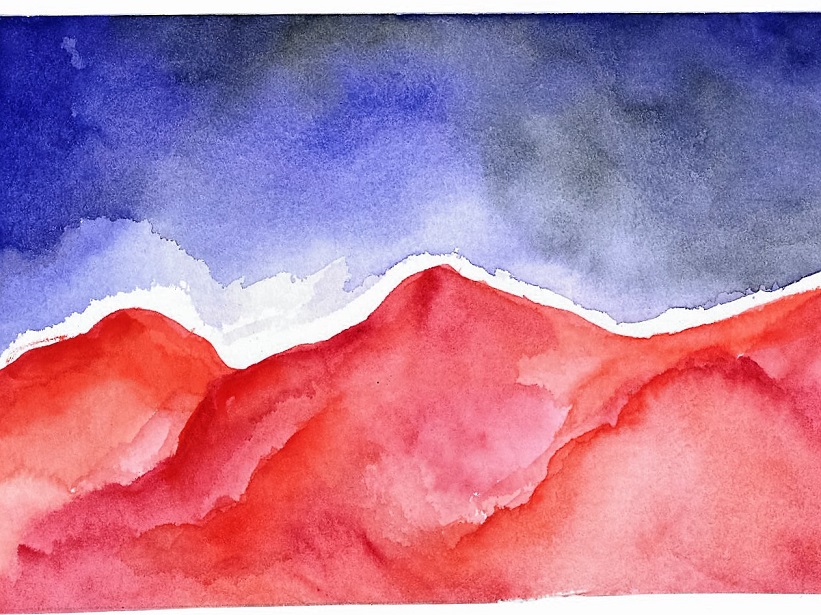
And..it’s booked!
I am going to see the sunset at Uluru! (also known as Ayers Rock) (you know, I talk about it in this article). My departure is right after my exam.
Needless to say that I am very excited, especially since now that I have learned a little bit more about the beautiful aboriginal culture and also the indigenous protected areas (IPA) notion. IPA are like areas (it could be land or sea), where traditional owners (that is, Indigenous people) have entered into an agreement with the Australia government to promote biodiversity and cultural resource conservation. While some of those areas such as Dhimurru are successful in their endeavour, there are still many administrative and communication issues in those areas. Indeed, how do you find an agreement when the two parts involved have a completely different way of looking, representing, thinking about the world? The two parts that I am talking about are of course the Australian government and the traditional owners.
The thing is that we, when I say ‘we’ I mean, the West, tend to think that our knowledge is universally true, that we are the most advanced in terms of sciences and technologies and that other nations that do not join our camp are ‘primitives’ (Modernisation theory baby).
We have huge troubles to recognize other kind of knowledge as also valid and true. In our view, our medicine is the best, our way of mapping the world is the best, our political system is the best, our economic system is the best and in this case our resource management system is the best.. Well, I think that you get my point.
But then, my geography teacher (décidément!) has challenged these assumptions and she has introduced us to a post-colonial geographer, Deborah Bird Rose, that has been interested on how aboriginal view lands and landscapes. She looked at their relationship with their environment and especially the way they take care of it. So indeed, the difference with us is like night and day. To a better understanding of what I am trying to convey, I encourage you to read this quote below that explain a bit aboriginal view on the land (allez Sofia, elle est petite celle-là, you can do it :D). And then, you will understand how indigenous view differs from our own view of the world:
“People talk about country in the same way that they would talk about a person: they speak to country, sing to country, visit country, worry about country, feel sorry for country, and long for country. People say that country knows, hears, smells, take notice, takes care, is sorry or happy. Country is not a generalised or undifferentiated type of place, such as one might indicate with terms like “spending a day in the country” or “going up the country”. Rather, country is a living entity with a yesterday, today and tomorrow, with a consciousness, and a will toward life.” (Rose 1996:7).
